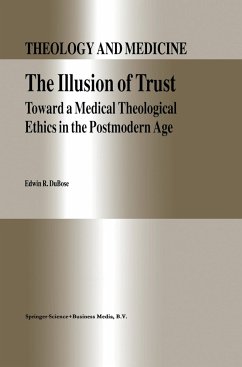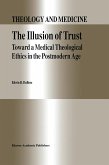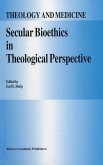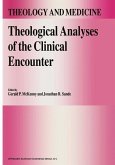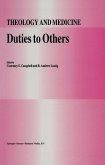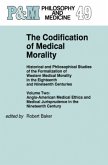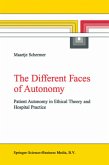This book is about trust and its implications for a medical theological ethics. Beginning with its earliest work, there has been attention to trust running through the bioethics literature in the United States, and much of this discussion has examined its theological elements. Clearly, trust is indispensable when describing the patient-physician relationship, so why is there a need for yet another study? There is no doubt that people generally trust physicians. Traditionally the physician is the patient's fiduciary agent, whose sole obligation is to act only in the patient's best interest. In recent times, however, there is a perception on the part of people within and without health care that physicians have other obligations that compete with their obligation to the patient. If we acknowledge that one price for the successes of technological biomedicine is high in terms of financial cost, another price of Sllccess seems to be distrust, cynicism, and suspicion directed by the public toward the medical profes sion. If this uneasiness is the price society pays for medical success, what is the price of success for the doctor? Because of their role within the social order, physicians have claimed and been granted autonomy, authority, and special status. In return, the profes sion has pledged to serve the well-being and interests of humankind. This fiduciary commitment becomes a taken-for-granted aspect of the physician's identity, both for the physician for whom this dedication is definitional and for the public which expects trustworthy service from this person.

